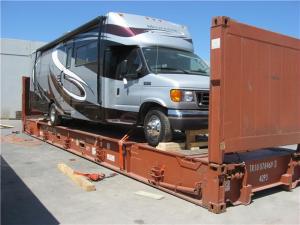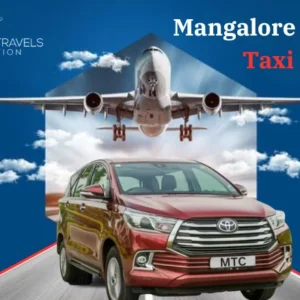The camping industry is on an upswing. This also means more business for RV haulers. Some people are buying RV’s out of state and need it to be transported to their homes. Others need RV’s to be shipped to their new homes. The case may also be that RV retailers will need shipment of new RV’s to their lots for sale.
Main considerations for shipping RV’s are:
- Driven or towed: The first decision is to decide whether the RV needs to be driven or towed to its new destination. A motorized RV in good working condition can be driven. If you don’t find a friend or relative to drive it, you can use services of a professional driver, who advertised his service in classifieds in print or online. But if your RV is a non-motorized trailer, you have no other option than towing it though it may be more expensive.
- Use load board: Advertise your RV’s details on a load board. You can get in touch with several carriers that may be willing to transport your RV. Get price quotes from at least 3 carriers. Very often load boards are free for shippers and inexpensive for carriers.
- Do some research: Hauling RV’s requires special training, licenses and experience in hauling large, expensive vehicles? Do some research on the carrier if it has requisite skills, experience, paper work and insurance to carry out the shipment. Online shipping comparison tools like Shiply can be of immense help in your research process. Ensure the carrier has MC and DOT numbers. Further details on the carrier can be had from Better Business Bureau.
- Prepare RV for transport: After you have spotted the right carrier RV, make preparations for its transport. Remove all personal belongings from the RV. Ensure that all hatches and doors are secured. Keep only one fourth tank of fuel. Check for any interior or exterior damage. Take clear photos of the RV from all angles before transport so it can help you in pressing claims for damage in transit. Examine RV for any mechanical faults. Check brakes, ignition lights, fluid levels. Hand over keys of motorized RV to the transporter and educate him on any emergency procedure.
- Enclosed or open carrier: Enclosed carriers are more expensive than open carriers. But if you are shipping an expensive RV, better to go in for enclosed carrier as it will avoid contact with debris flying from the road in the way of your truck.
These are some crucial pointers for RV shipping. Better to be safe than sorry.




